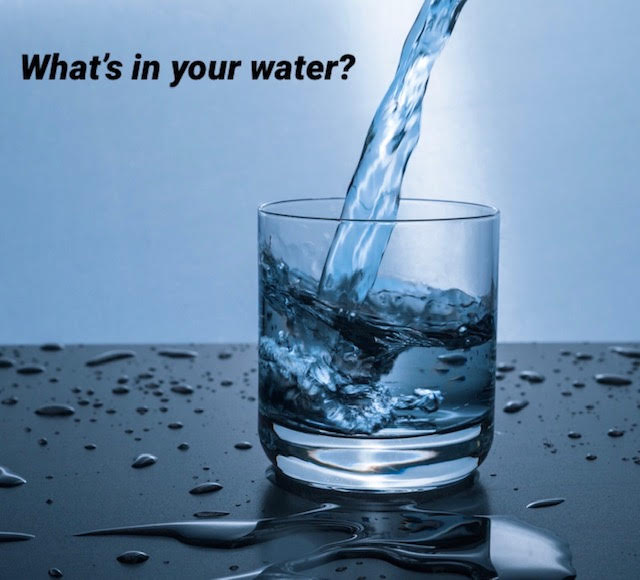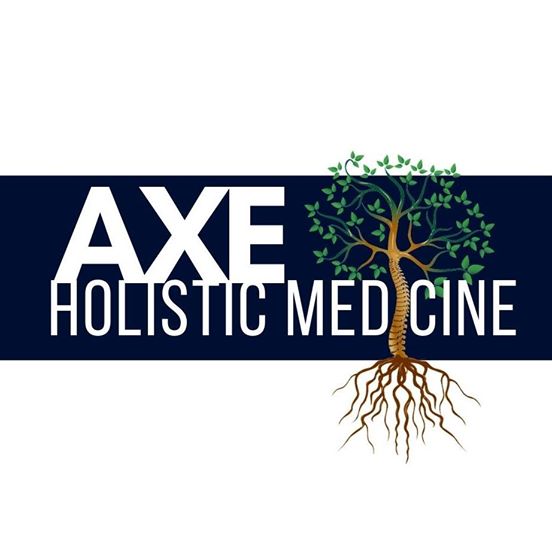 “Thousands have lived without love, not one without water.” W.H. Auden
“Thousands have lived without love, not one without water.” W.H. Auden
Water sustains life, and without it, we cannot survive. Water transports critical substances into and out of our cells and provides a healthy environment for our bodies to thrive. There are many benefits to drinking water, and our bodies suffer the consequences when we do not consume enough water.
Ask yourself these three questions and allow yourself a few minutes to educate yourself on the importance of drinking good, clean water.
- Am I drinking enough water?
- Am I drinking safe, clean water?
- How do I find the best options for drinking water?
What are the benefits of drinking enough water?
Humans are made up of approximately 80% water. Every organ, cell, and tissue in our bodies use it to function properly. This is the reason it is important to drink enough water DAILY.
The average person should be drinking at least eight 8oz glasses of water per day. There are dozens of benefits our body can reap when we drink enough water. Here are a few to keep in mind:
- Joint lubrication and reduced joint pain
- Energized cells
- Optimum transference of nutrients
- Saliva and mucus production
- Reduces tooth decay
- Promotes healthy digestion
- Promotes healthy blood oxygenation
- Vibrant skin health and anti-aging
- Brain, spinal cord, and other sensitive tissues health
- Healthy hormone and brain function
- Body temperature regulation
- Healthy urinary tract, kidney, and bowel function
- Maintains blood pressure
- Healthy breathing
- More energy and stamina for exercise
- Allows healthy absorption of nutrients from food
- Helps with weight loss and controlling calorie intake
- Reduces the risk of hangover after alcohol consumption
Problems associated with dehydration
- Headaches
- Low bowel and kidney function
- Unhealthy skin – wrinkles, cracking, dryness
- Fatigue
- Air hunger, shortness of breath
- Dry mouth
- Weight gain
- Joint pain
- Body pain
- Low brain function: brain fog, trouble thinking clearly
- Unhealthy organ function, hormone imbalances
- Poor digestion and absorption
- Swelling
- Poor blood flow and oxygenation
Is tap water safe?
Clean tap water is an important resource; however, we must be aware that environmental pollution and chemical contaminants are making their way into our water. These can come from sewage, runoff water, agriculture, industrial pollution, pesticides, chemicals, old water pipes etc. As a result, tap water can contain heavy metals, additives, chlorine, pesticides, arsenic, radon, Pharmaceutical drugs, and yes, even rocket fuel! Old or eroding pipes can leach harmful chemicals and heavy metals into the water long before it reaches your glass.
In the US, there is an estimated 140 known chemicals present in our water that are not regulated by the Environmental Protection Agency (EPA). That is only what is known, who knows what else could be in there! There have also been findings of microbial contaminants that can lead to illness. Here are just a few of the contaminates found in our tap water system:
Chlorine: Chlorine is added to water as an anti-septic to “disinfect” the water to stop infectious outbreaks. Chlorine alone is fairly harmless, but the by-products such as DBPs (that may cause bladder cancer and reproduction disorders), and chloroform can cause serious health problems. Chloroform forms from chlorine when heated by the dishwasher, faucet, or shower.
Fluoride: Fluoride can cause thyroid health issues, disrupt brain development in children, and problems with neurological, gastrointestinal, and liver health.
PFAS (short for per and polyfluoroalkyl substances): Can cause hormone disruption and some cancers
Atrazine: A weed killer that causes cardiovascular disease and hormonal disruptions
Lead and Copper: Usually found where old pipes and fixtures that are eroding.
Arsenic: A heavy metal that is a known carcinogen.
Filtered water vs bottled water
What kind of water is best, bottled or tap? More than 100 BILLION dollars are spent every year worldwide on bottled water. In some parts of the world, particularly in developing countries where clean water is not an option, bottled water is a solution. However, in America where clean filtered water is available, approximately $12 billion is spent on bottled water each year. Why? Is it safer than filtered tap water? The bottled water companies would like us to believe that it is. Companies capitalize from the concerns on city water and make billions of dollars claiming to be safer. However, studies have shown that properly filtered tap water is much safer than bottled water.
In Canada, researchers have found that plastic bottles leach chemicals into the water, such as BPA and other contaminants. They also found that the longer the water sits inside the bottle, the higher the concentration of chemicals are present. One common chemical is antimony, a metallic element that can cause dizziness, nausea, and depression. “If you bottle water in Europe and ship it to Asia, what is the antimony concentration in that water by the time somebody buys that water and drinks it?” quoted from William Shotyk director of the Institute of Environmental Geochemistry at the University of Heidelberg in Germany.
Plastic is made from either petroleum or natural gas. When these fossil fuels are extracted, it releases toxic pollutants into the air. Some examples being greenhouse gases and carcinogens, such as benzene, toluene, ethyl-benzene, xylene, carbon monoxide, hydrogen sulfide, methane, nitrogen oxide and sulfur dioxide.
Something else to consider about plastic water bottles is that many people do not recycle them. It can take hundreds of years for them to decompose. As they break down, they will continue to release toxins into the soil and air. They also pollute the oceans and other water sources killing many animals such as birds, fish, and marine life.
Don’t buy into the advertisement that bottled water tastes better and is safer. Marketing leads us to believe that. We as consumers pay for the advertisement of cleaner taste and the myths on safety each time we purchase the water. Most bottled water comes from a spring or simply from filtered tap water. Why are we paying for filtered tap water sitting in toxic plastic bottles for an unknown period of time, when we could safely filter our water fresh at home? Although bottled water it is filtered for contaminants, it is not required that they all be removed, so we really don’t know what could be present in the water or what contaminates are leaching into the water from the plastic. Consider what is safer and do a little planning ahead. Purchase a good filter and stainless or glass travel bottles to take with you on the go. Sacrifice the convenience of bottled water and keep you, your family, and the environment safe. Choose to filter your own tap water. Filtered water is fresh, tastes better, and is much cheaper.
Water filters
We have established that filtered water is best, but how do we know which filter to purchase? Hydrogen filters have been shown to improve health and provide us with clean, healthy water in the comfort of our own home. This is the same filter both Dr. Jordan Axe and Dr. Josh Axe use personally!
Visit SynergyScienceStudies to learn more about hydrogen filters.
Purchase your hydrogen filter at SynergyScienceShop and receive a 10% discount. Use discount code “axe”
One of the best budget filters can be purchased from PureWaterFreedom for under $200. It does not have hydrogen technology but does a great job getting fluoride and contaminates out of the water.

